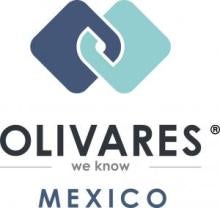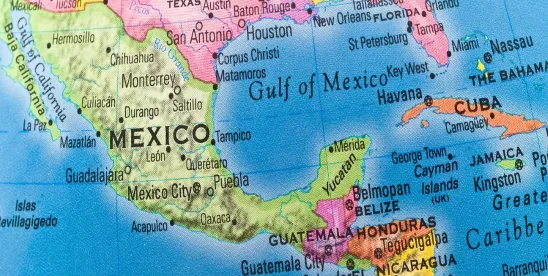The new Federal Law for the Protection of the Industrial Property in Mexico, set to come into force on November 5, 2020, contains several relevant modifications regarding those trademarks considered to be “non-registrable.” The general prohibition to register IP rights, which is applicable to trademarks when their content or form are contrary to morals and good customs, which had previously been obscure and applied at-will by the Patent and Trademark Office,- is gone from the new IP Law. The new regulation maintains only the prohibition relating to those marks deemed contrary to public order or those which contravene legal provisions.
The prohibition relating to generic words, phrases or figurative elements, which was defined and limited in the former IP Law as, related to technical names or common use names or figurative elements for the products or services, is defined under the new IP Law to include all those words, phrases or figurative elements that simply lack distinctiveness, which is clearer than the former drafting.
The prohibition concerning three-dimensional shapes in the public domain or, three-dimensional shapes in common use, or to shapes imposed by the products or services nature or functionality, or generally non-distinctive shapes, which erroneously included a mention to industrial designs, has been clarified to no longer include the reference to industrial designs.
The prohibition relating to signs requested in bad faith, which in the former IP Law included a definition of bad faith (i.e. when the registration was applied in a manner contrary to good practice, customs, and practices in the IP system, commerce, or industry, or pretending and undue benefit or advantage) is changed to exclude any definition of bad faith, which will allow our IP Office and Courts to freely define this, even to re-define it from time to time.
Finally another significant change in the new IP Law is related to the regulation of the granting of legal effects to letters of consent or coexistence agreements, which was limited under the former IP Law to confusingly similar marks covering similar products or services. The new IP Law expressly includes the possibility for the applicant to obtain registration for a trademark that is identical to prior rights when the earlier right owner grants its consent or a coexistence agreement is reached.




 />i
/>i

